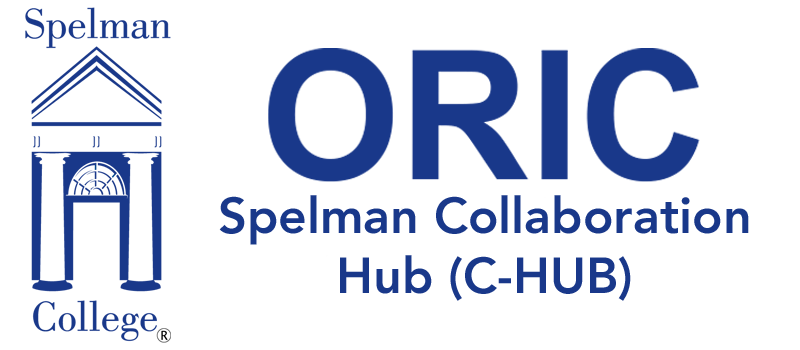Kristen Abatsis McHenry, Ph.D.; Measuring Environmental Exposures and Cancer Risks
According to the American Cancer Society about 42 percent of the most common U.S. cancer cases are preventable. The organization predicts 1.7 million new cancer cases will be diagnosed in 2018. Those numbers translate to about 1,670 American deaths per day.
Kristen Abatsis McHenry, Ph.D., assistant professor in Spelman College’s Department of Comparative Women's Studies, cautions individuals to be aware of environmental exposures that can cause cancer. She encourages students taking her courses to consider their own exposure from personal care and household products by exploring the Environmental Working Group’s “Skin Deep Database,” a resource that rates the health risks of various products.
Measuring environmental exposures and cancer risks motivated Dr. McHenry to write “The Green Solution to Breast Cancer: A Promise of Prevention,” published in 2015.
“My book investigates the politics of breast cancer, activism, and efforts to prevent breast cancer by examining environmental causes of cancer,” said Dr. McHenry.
The book also examines organizations promoting popular pink ribbon breast cancer campaigns to determine their motivation.
“The environmental breast cancer movement challenges the focus on the cure and is more interested in discussing breast cancer prevention. The true burden of environmentally induced cancer is still largely unknown,” she said.
Dr. McHenry is an advocate of more regulation for household chemicals. “There are roughly 80,000 chemicals on the U.S. market, which have been largely untested. We need stronger laws than the Toxic Substances Control Act to better regulate chemicals in commerce. The TSCA is outdated, has only banned five chemicals since 1976, and does not require companies to prove chemicals are safe before use,” she said.
Dr. McHenry believes education is key to prevention. “Pinkwashing refers to companies that purport to care about breast cancer by promoting pink ribbons but also manufacture products linked to the disease.” To learn more about prevention, she recommends advocacy groups such as Breast Cancer Action and Think Before You Pink.
Dr. McHenry earned her doctorate in political science from the University of Massachusetts Amherst and holds a master's degree in women's and gender studies from Georgia State University. She teaches several courses including Gender, Health in Cross-Cultural Perspectives, Intro to Comparative Women’s Studies and Women’s Health Disparities.
She can provide perspective on the following topics: women's health, environment, breast cancer advocacy and social movement organizations. Her recent work focuses on fracking’s harmful impact on the environment and health.
Related Articles:
Abatsis McHenry, K. (2015). The Green Solution to Breast Cancer: The Promise of Prevention. Santa Barbara, California: Praeger.
